5 Reasons Facebook Can’t Replace A Business Website
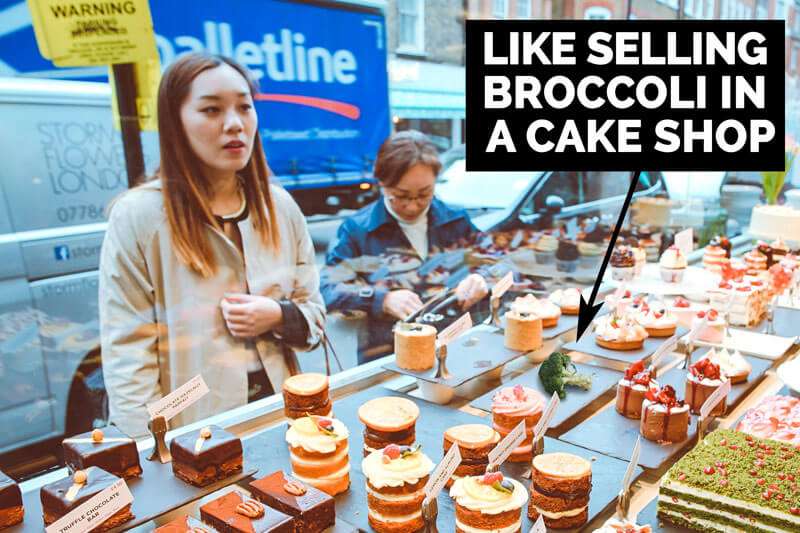
Business Facebook pages provide some amazing features for your company, no matter what your size. But it’s not an alternative to having your own business website.
When Facebook launched its Business Pages in 2007, it presented an amazing opportunity for businesses, especially small businesses. At the time websites were still expensive to make and you’d needed help to make even the smallest of changes. So Facebook’s Business Pages presented a viable FREE alternative to get online. Not surprisingly, everyone was hooked immediately.
But quietly and steadily since its launch, the original benefits of Facebook’s Business Pages have been changing. And it’s a serious issue if Facebook is your primary online business page.
If you send prospects to your Facebook Page, this article is for you. It’s time to make a change. To explain why here are 5 common-sense reasons why it’s not a good idea to use a Facebook Page for your company’s main online presence.
Recommended reading: Why Your Best Customers Are Walking Away
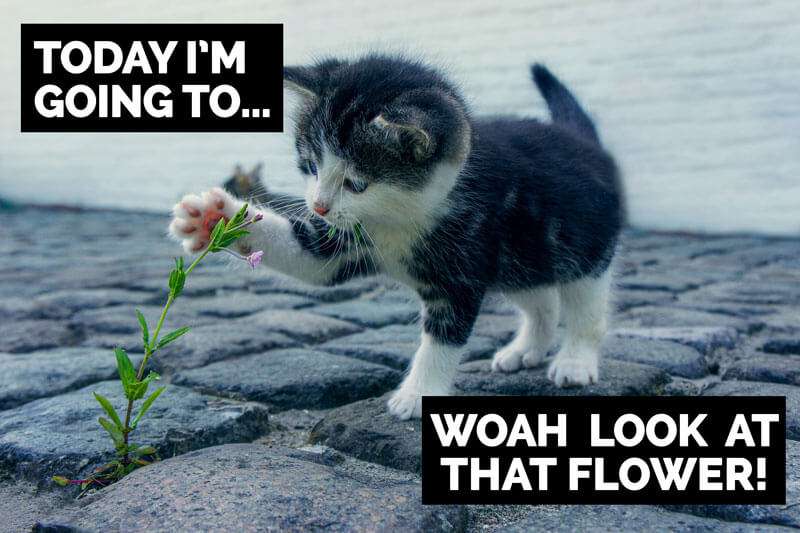
1. Distractions
Facebook pages & ads are still fantastic tools for finding leads, but if you’re going to pay for advertising, you need to consider the surrounding environment – and how it can adversely affect your sales funnel.
With a staggering 30 billion (30,000,000,000) pieces of content being published every month on Facebook, it often feels like there are more people talking than listening. Which is probably the case.
The average attention span for an adult in 2020 is around 8 seconds! (That’s 1 second less than the average goldfish)
Now consider the effect this has on interested customers. Imagine your ideal sales pitch; to an ideal customer, at just the right time, when their interest is high…
- Would you select a nice quiet setting you control, surrounded by your best products and service information?
- Or would you choose to have your meeting inside a stadium full of screaming fans while your customer’s favorite team plays in the finals?
According to Facebook’s data, visitors spend an average of 1.7 seconds on a piece of content on their mobile app. And it’s Facebook’s job is to keep visitors on Facebook for as long as possible. It achieves this by feeding users a never-ending stream of content that their algorithms have calculated will be of most interest = distractions.
If you want better conversion success, it’s simple. You need to lead potential customers away from any distractions. As quickly as possible.

2. Organic Reach
Originally, any customers that liked & followed your Facebook Page would also get to see your posts and updates, as and when you posted updates. After all, that’s why they followed your business in the first place.
Fast forward to today, and the number of fans that see your latest post is around 5.2%. This means that only 1 in 19 fans will have your content added to their content feed. Mind you, this doesn’t mean they will see it, read it or interact with it.
Only 1 in 19 fans will have your content added to their content feed. (Around 5.2% of your Facebook Page followers)
This is likely a result of Facebook’s growth and the sheer volume of content shared every minute of every day. But it’s also because Facebook promotes content that its algorithms predict will encourage visitor discussion and debate. This is probably why it’s at the heart of so many controversial and divisive topics (but that’s a different story).
So while it is possible to get great organic reach on Facebook, it’s far from easy and involves creating more content that benefits Facebook above your customers and your business (this is basically producing user content for Facebook). But most small businesses use their Facebook Page in place of a website because it’s free AND EASY. They inevitably fail to reach even a fraction of their potential audience.
Even when you do create posts that Facebook approves as share-worthy, a successful post generates engagement for quite a limited period of time. If you stop or reduce your activity – you’ll also see a drop in organic reach. By contrast, producing evergreen content for your own website can benefit you for years.
The biggest bug-bear is that Facebook decides what content is share-worthy, based on what works for them (not you). Even now there are teams of people working on fine-tuning their algorithms. But those teams don’t work for your small business, they work for Facebook which has its own business objectives. This leads me to the next point.
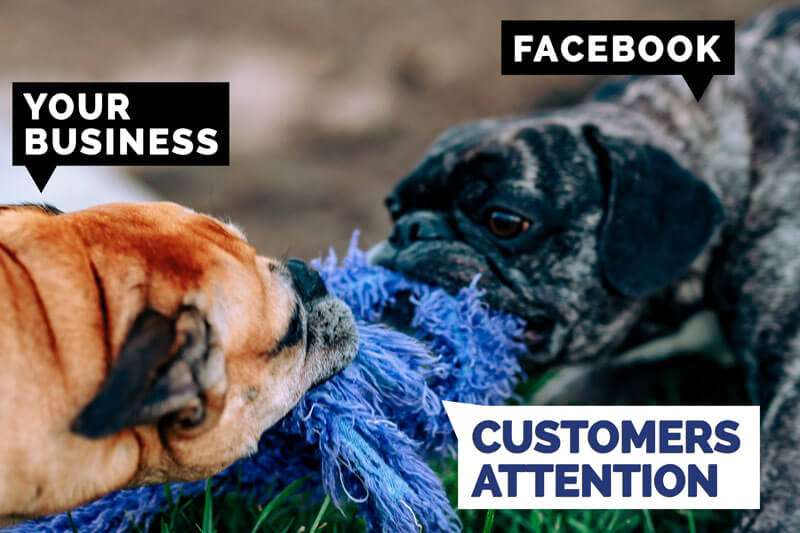
3. Conflicting Interests
Facebook makes billions from advertising revenue. Using members’ social and demographic profiles, and interests (past clicks and how long a user looked at that cat photo or how many times you’ve watched or shared content) to keep you online longer and show you more ads.
We’ve already touched on how Facebook is all about engagement, they aren’t focused on user intent which drives the likes of Google.
Don’t have your own website? Then you’re producing user content for Facebook.
So where Google’s service aims to speed up the process of users finding what they want through their search engine or adverts. With Facebook, it’s the opposite. The longer Facebook can keep a visitor on its site, the greater opportunity they have to generate more revenue (by showing even more sponsored content – adverts).
Facebook’s advertising guidelines advise sending visitors to your own website for increased conversions. Because they know if you don’t, the next distraction is just 1.7 seconds away.
- Facebook wants everyone to stay on their site.
- You need potential customers to leave.
- That’s a conflict of interest.
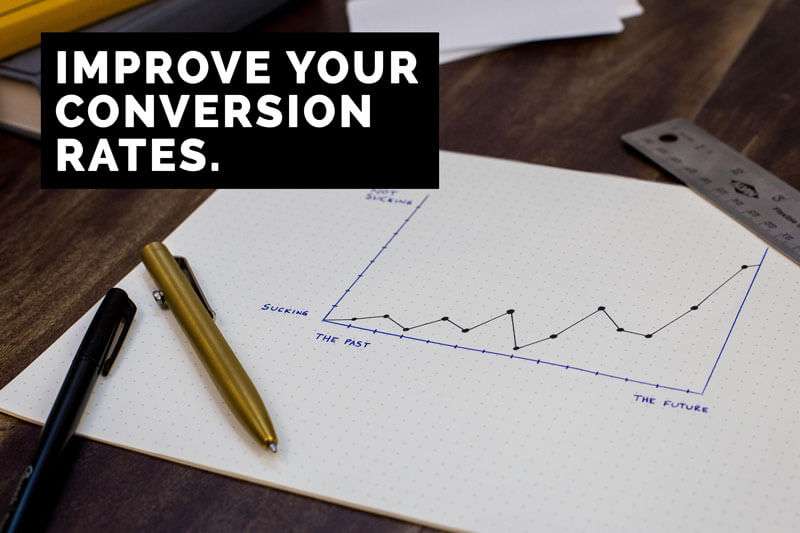
4. Conversion Rates
Everyone knows that a 1% increase in conversion rates is similar to a 10% increase in leads. Plus the benefits of better conversion rates are in effect all the time, on all visitors when you’re running ads and when you’re not.
As I just mentioned above, Facebook advises advertisers to send visitors to their own websites to increase ad conversion rates.
Facebook advises advertisers to send visitors to their own website to increase ad conversion rates.
The practice of changing a customer’s environment to alter how they process information is something marketers have been doing for decades.
Have you ever walked through a department store and noticed that the walkways are smooth hard surfaces, but product areas are carpeted or strewn with racks arranged to create a maze-like effect?
This isn’t by accident. Customers walk slower on the carpet than on hard smooth floors. In addition to slowing down, customers feel more relaxed and that means they are more likely to buy. It’s the same with the shelving and clothes racks – they help slow visitors down because it’s a very profitable tactic.
Supermarkets do it. They regularly move items around to encourage shoppers to walk up and down the aisles slowly scanning the shelves for the item they want. If you’ve ever picked up an item you didn’t plan on buying – they “helped” you do that.
Websites do it too, from landing pages to check-out pages. You get higher conversion results when there are fewer distractions on a page.
If you’ve attracted a customer on Facebook, you’ve either paid with an advert or paid with time and effort to create an engaging post. Either way, the last place you want to send that interested customer is another Facebook page.

5. Long-Term Growth
When you stop looking for the quick easy fix (that never pan out) it’s time to start building your OWN marketing foundations. The most cost-effective marketing tool your business can have is your company website. It’s one of the few elements you have complete control over, and one you can continue to improve and grow over time.
There’s no need to stop using Facebook for business, but you do need to consider where you’re investing time, money, and resources. Are you just generating user content for Facebook or are you focused on building your own business? For long-term growth, you should put your energy into your own company website and use Facebook to attract and engage your customers.
Business websites need to make a great first impression. But that doesn’t have to mean big or complicated, it doesn’t matter if it’s a single-page site or multiple pages. What matters most is that when a potential customer lands on your site they see the following:
Web Essentials
- Branding (are they in the right place?)
- What you do (the type of product or services you offer)
- How to contact you (inquiry form, email, phone number)
- Where you are (your business address, map, directions)
- Professionalism (give customers the confidence that you’ll do what you say)
First impressions count. Size might not matter but quality does, so it needs to look great and be easy to read on multiple devices (phone, tablet, laptop). You’ll also need to consider your local competition (because your customers will be looking at them to see how you stack up). It’s not a time for cutting corners.
For every rule, there’s an exception. So here it is.
If you’re not going to do it well, don’t do it. It’s better for people to think you are not up to the task than to have a terrible website that confirms it.

Final Thoughts
I’m certainly not against using or setting up a new Facebook Page for business use, especially if your core demographics are active users. Facebook is a fast-moving platform with a high visitor traffic flow which is perfect for finding new customers.
But remember, finding customers and making sales aren’t the same. If you want to increase your conversion rates, you’ll have more success if you direct customers to your company website. Fact!
If you already produce interesting content for Facebook, fantastic! You’re a step ahead of the game, but make sure it’s your business getting the benefits from your efforts and post to your website first. Then a day or two later share it to Facebook or your favorite social platforms.
Feed content to your own site before building content for Facebook.com.
Investing in a website for your company can pay dividends for your business. Increasing brand recall and delivering your marketing messages 24 hours, 365 days a year! It’s not as hard or expensive as you might think and it offers a better return on investment than any other form of advertising. So if you want to help your business become more successful, it’s time to make a website your top priority.
Founder of Hue Marketing | Marketing Strategist | Creative Problem Solver
With 30+ years of experience, I help businesses in high-end markets solve complex challenges through strategic insights and quality-driven solutions. Based in Phuket since 2003, I focus on building long-term marketing foundations that drive brand differentiation, higher conversion rates, and lasting customer loyalty.
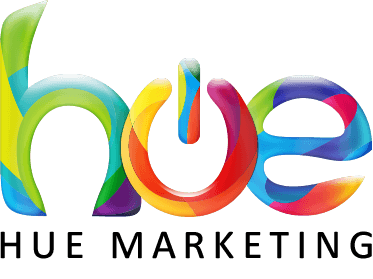








I enjoy the efforts you have put into this and agree that while FB is a great social media platform, it’s not a good alternative for a website. Especially a site for business. I only use social media platforms for engagement and PPC ads to direct customers to my site. Thanks for all the great content.